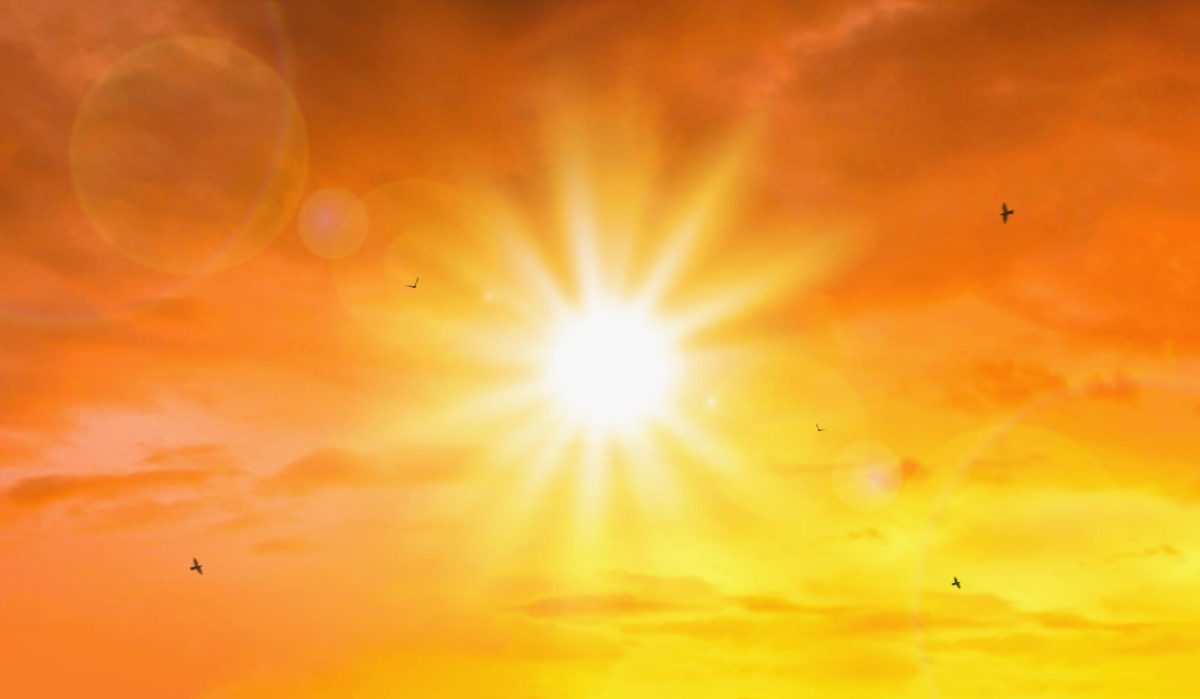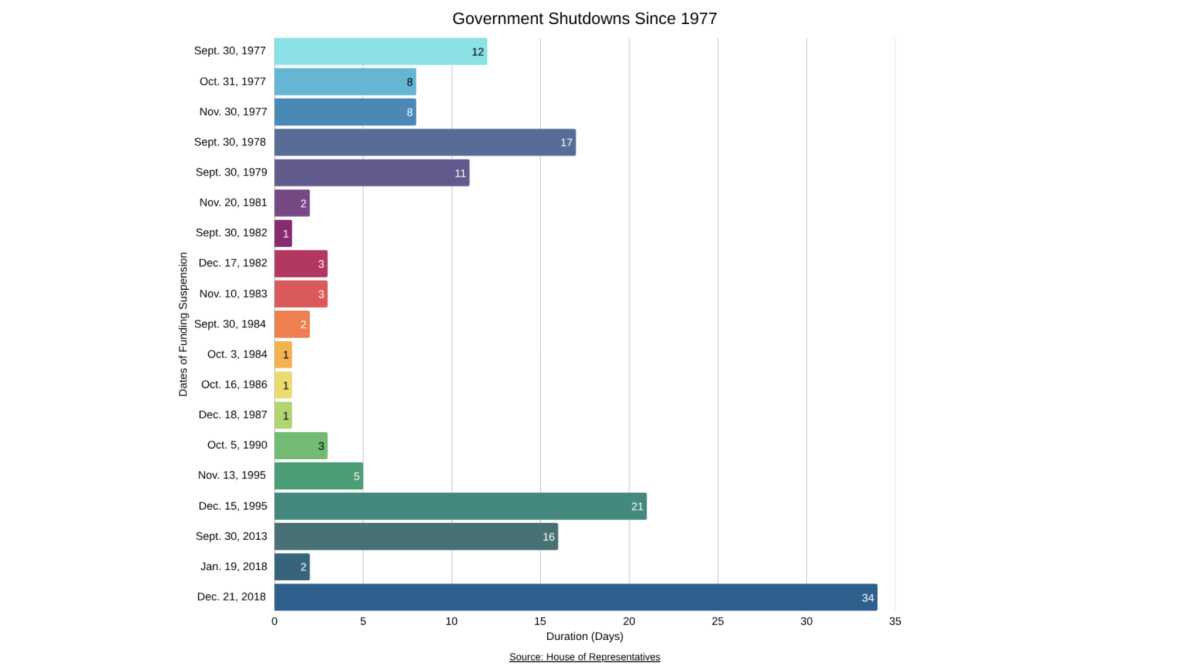The increase in the production of fossil fuels, the rise of deforestation and the growing consumption of processed goods has taken a great toll on our environment, and now is beginning to affect our daily lives.
For example, during the first week of September, the entire Northeast region was hit unexpectedly with record-breaking temperatures. While Falls Church City residents were pulling out fall coats and sweaters in preparation for the chilly fall season, the abrupt weather change caused many to turn to shorts and tank tops instead.
On September 4, Falls Church City reached a high temperature of 98℉, which according to the local news DC News Now, broke the previous record of 96℉ from September 4, 2019.
This sudden spike in temperature caused many inconveniences for students at Meridian, especially those who play fall sports, as the heat wave drastically impacted their ability to practice outdoors. After long days in the classroom, those who intended to spend their afternoons outside had to change their plans
While this was viewed as detrimental for many, some students were grateful that this occurred in September rather than in June.
“I’m actually kind of glad that it’s towards the end of summer, because the seasons are going to change, and it’s going to get cooler. So I think it’s better to end off with the heat wave rather than begin with the heat wave,” said sophomore Angel Cruz.
This trend of heat was also seen across the United States this past summer. According to ABC News, more than 12 cities throughout the US experienced their hottest summer on record, including Miami, New Orleans, Houston, and Phoenix.
The root cause of recurring higher temperatures and frequent natural disasters is a result of the rise of global warming over the past decades. According to the United States Environmental Protection Agency, “concentrations of heat-trapping greenhouse gasses are increasing the Earth’s atmosphere. In response, average temperatures at the Earth’s surface are increasing and are expected to continue rising.”
This has not only affected the US environmentally but economically as well. “This year has brought 12 separate billion-dollar weather and climate disasters to the nation including tornado outbreaks, extreme flooding, and winter storms,” The National Oceanic and Atmospheric Administration stated.
While cooler temperatures are anticipated in the coming months, this fall season may not be exactly what students expect.










